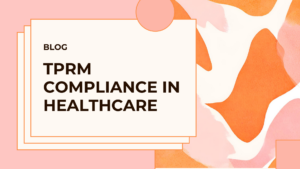If you run a healthcare organization or do business with a healthcare organization, HIPAA compliance is of the utmost importance. Those who fail to be compliant run the risk of fines, civil action lawsuits, and even criminal charges. While some organizations and businesses still find compliance to be a nuisance, most realize that there are important and legitimate reasons for the requirements, including their own legal protection, as well as the privacy and security protection of their patients.
It’s not a simple process, but it is an imperative one. Let’s take a look at what you need to do to get your practice HIPAA compliant.
It may be daunting, but eventually, you will want to take the plunge and read the entirety of HIPAA, which the Department of Health and Human Services’ Office for Civil Rights has condensed into 115 pages. Once you read the HIPAA regulations, you then begin implementing them in your workplace.
When you prepare for implementation it’s a good idea to use a HIPAA compliance checklist that includes everything required in HIPAA Privacy, Security, Omnibus, and Breach Notification Rules. This will help to ensure that you will be aware of everything you need to implement step-by-step.
You can also hire a third-party HIPAA compliance solutions provider who will walk alongside you, assisting you in your compliance efforts and ensuring that your policies, procedures, and practices are in line with HIPAA regulations.
Working alongside a third-party provider will help you know that you have been successful in your implementation efforts, giving you the peace of mind you need. You will be able to rest easy knowing that your organization is compliant
Once you have done the work of first-time compliance implementation, it is imperative that you continue to remain compliant. Consistent training, documentation, and ensuring that you are updated on evolving and changing HIPAA policies, will ensure that your organization is maintaining compliance. It is a good idea to have at least one person in your organization with a focus on HIPAA, staying updated, making sure your office remains compliant and handling training when HIPAA changes are made.
HIPAA compliance can seem overwhelming at first, but with a step-by-step plan and effort, you can meet regulations in next to no time.




